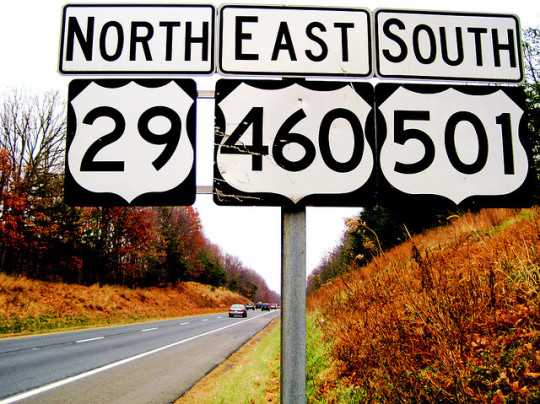September 9, 2015
Rules of the Road

Driving is a basic life necessity for most families and is key to people participating in our economy, including working, shopping, and paying taxes in their community. To make sure that drivers on Virginia’s roads are as safe as possible, Virginia requires that residents pass a test–and, in many cases, be professionally trained–in order to get a driver’s license. But for the estimated quarter of a million Virginians who are unauthorized immigrants, the state offers no legal way to get a license, making it more likely that untested, unlicensed drivers will be on our roads.
In an effort to make the roads safer for everyone, a number of states are changing their rules to allow unauthorized immigrants to get access to driver’s licenses or similar certification. In considering whether to follow their lead, Virginia can learn from the choices and experiences of these other states.
Ten states and DC now allow unauthorized immigrants to obtain driver’s licenses or similar but differently-named driving cards, according to a recent report by the Pew Charitable Trusts. Those states are home to more than three in every ten unauthorized immigrants in the United States. And two more states–Delaware and Hawaii–will begin allowing unauthorized immigrants to obtain driving cards starting this winter.
The Pew report identifies a number of considerations for states providing access to driver’s licenses or other driving authorization cards to unauthorized immigrants.
The federal REAL ID law explicitly allows states to offer driver’s licenses to residents who cannot prove lawful residence in the United States, but specifies that the licenses must be distinct from other driver’s licenses. States can do this in different ways.
For example, Colorado and Illinois issue temporary licenses to unauthorized immigrants, while several other states issue alternative driver’s licenses that state on their face that they are not acceptable for other purposes beyond driving, like federal identification.
States also have a number of other choices in terms of how they implement these driver’s licenses including how long the cards will be valid, card design, acceptable proof of identity (for example, consular cards, foreign passports, and foreign birth certificates) and proof of state residency, and how to make sure potentially eligible individuals know about the cards.
With unauthorized immigrants accounting for an estimated 3.4 percent of the state’s population, Virginia is similar to many of the states that are now providing broader access to driver’s license tests and permits. As Virginia advocates and policymakers consider pursuing this option for Virginia’s unauthorized immigrant workers and families, the Pew study of the decisions other states have made provides a useful menu of options to help guide the way.
–Laura Goren, Senior Policy Analyst
Photo: Taber Andrew Bain
Creative Commons 2.0
